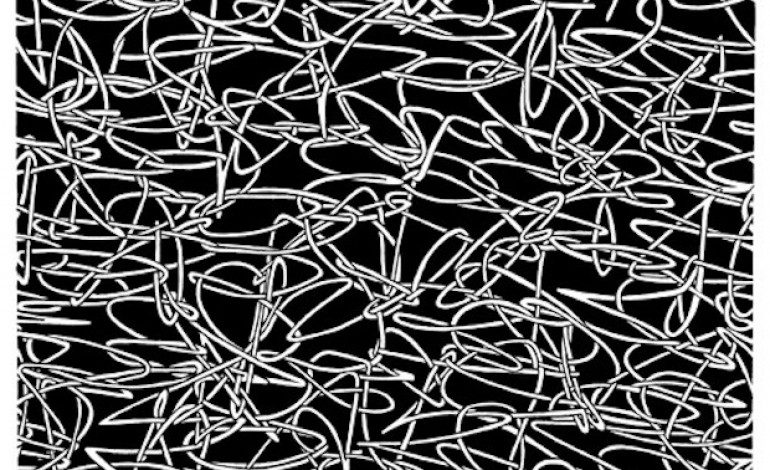

Ever-Evolving, But Always Reliable
Many veteran rock ‘n’ roll groups are complacent riding the waves of success from earlier releases into their geriatric years. Whether playing decades-old hits to nostalgic crowds or producing the occasional derivative album, the majority of still-active bands from the golden era of rock have recently done little to push the creative boundaries of the genre in a meaningful direction. This, however, cannot be said of the English rockers of Wire. Their 1977 debut, Pink Flag, and its fiery brand of lo-fi punk, enjoyed rabid cult success. However, rather than letting this success define them, the band have actively avoided being pigeonholed by a single stylistic label. They have released a slew of new material since their inception, ever altering their sound to adapt to budding musical trends. (This prolific output includes five full-length releases from the 2010s alone.) Unlike some of their contemporaries within the rock genre, Wire have readily embraced the new decade’s emphasis on electronic production. Their recent work relies heavily on overdriven guitars, as did that of their earlier years, however the band now infuses this aesthetic with lush, subtle electronica that fills out the far reaches of the sonic spectrum. This approach is utilized once more on the latest addition to Wire’s catalog, Silver / Lead, as listeners are treated to yet another offering of synth-tinged punk-pop.
The new album nicely builds upon the artistic successes of its predecessors, Wire and Nocturnal Koreans. “Forever & A Day” is reminiscent of the harmonic stasis of Nocturnal Koreans, effectively showcasing how much mileage the band can get out of a three-chord progression simply by adding slight, but powerful, variations to the same riff. “This Time” re-captures Colin Newman’s distinctive brand of wistful and reflective lyricism, “this time, it’s going to be better / this time, I’m going to be strong,” which is complemented by an equally wistful minor key progression. Meanwhile, as always, drummer Robert Grey and bassist Graham Lewis anchor the rhythm section with their deliberate, pounding rock grooves.
Silver / Lead perhaps is not a fundamental reinvention of the band’s sound, but it does manage to offer some refreshingly eccentric rock music. “Playing Harp For the Fishes” kicks off the album in eclectic fashion, with a swirling blend of warbling drones that vaguely evokes the sounds of a didgeridoo. These ambient bits of noise can be found scattered throughout the album, from the psychedelic textures that color “Brio”’s soundscape to the cacophonous blur of atmospheric guitar that brings “This Time” to a close. “Diamonds In Cups,” while hardly avant-garde, sees the band pushing their stylistic limitations yet further, with guitarist Matthew Simms playing a riff that draws parallels to Queens of the Stone Ages’ distorted power chord extravaganzas. This harshness is nicely juxtaposed by the clean, tremolo-inflected guitars that twinkle on in the background.
Furthermore, Wire are able to instill Silver / Lead with a sense of rhythmic dynamism and harmonic intrigue that help it to eclipse some of their other recent work. “Short Elevated Period” is tremendously upbeat and energetic for a Wire number, with a driving sixteenth-note guitar rhythm, as snare-heavy drums add a sense of rock bravado. Later on, “Forever & A Day” offers a strong backbeat that is further punctuated by aggressive guitar stabs. In terms of harmony, Wire are still relatively conservative. However, songs like “Sonic Lens,” “Brio” and “Sleep On The Wing” make a conscious effort to introduce new chord progressions during their respective choruses. And even when Wire do rock out over the same three or four chords throughout an entire song, they do it quite well, impressively harmonizing the rather straightforward rock riffs with dazzling synth textures.
Silver / Lead marks yet another solid addition to the band’s already exceptional discography. It is less of a transformation and more of a subtle stylistic shift; but it is effective nonetheless. Fans of Wire will be happy to hear that the band have not done away with the aesthetic that has come to define their sound in recent years, while more adventurous music consumers may also take pleasure in some of the album’s hidden eccentricities. And, for the casual listener, the LP still boasts some delightfully accessible rock flavorings, supplemented by understated synthesizers. Unlike many aging rockstars of yesteryear, Wire’s creative potential remains untapped, as they seem to get better with each subsequent release
